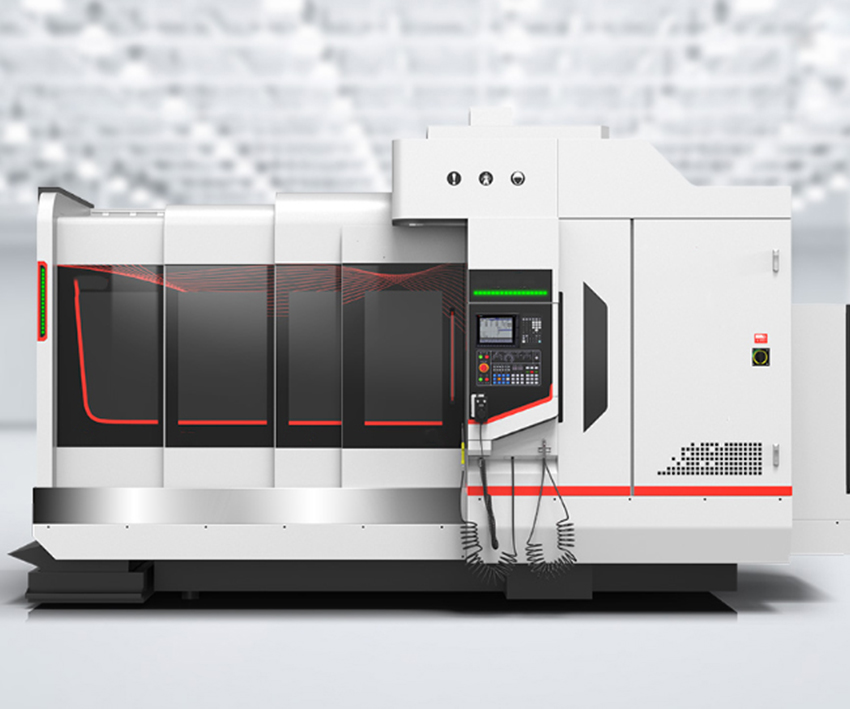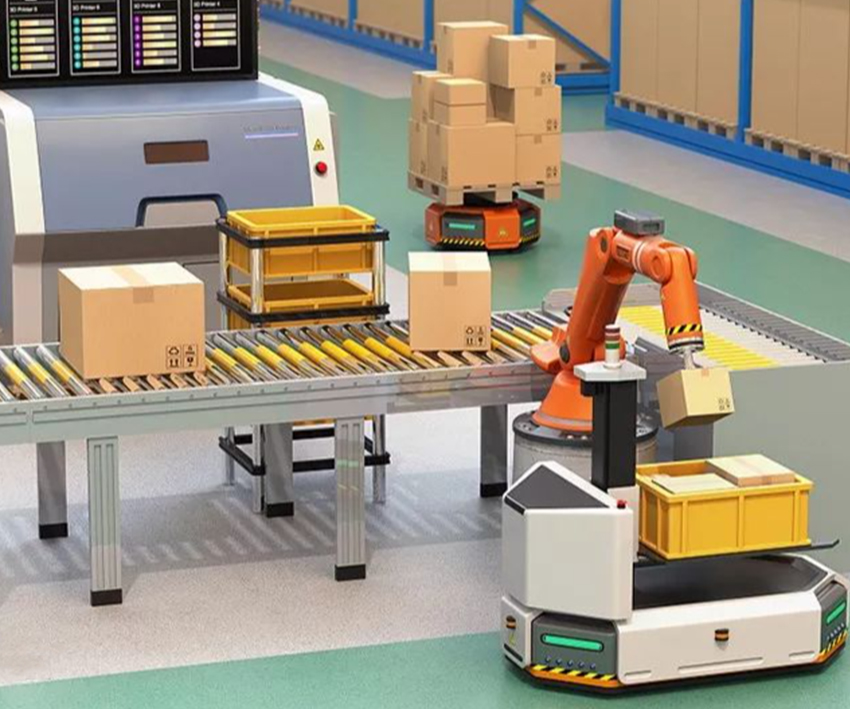What are the impacts of the application of motors in the transportation field on the development of the manufacturing industry?
Firstly, in the automotive industry which is a significant part of the transportation field, electric motors are widely used in electric vehicles (EVs). The growing demand for EVs has driven manufacturing enterprises to invest heavily in research and development to improve motor performance. This includes enhancing power output, increasing energy efficiency, and extending the service life of motors. As a result, it promotes the progress of manufacturing technologies related to motor production, such as advanced winding techniques, better magnetic material applications, and precise assembly processes.
Secondly, in trains powered by electric motors, whether it's high-speed rail or urban subways, the strict requirements for motor reliability and performance have pushed manufacturers to adopt strict quality control measures. They need to ensure that each motor can operate stably under high-load and long-time working conditions. This has led to the improvement of the overall manufacturing quality management system in the manufacturing industry, which benefits not only the production of motors but also other related mechanical and electrical products.
Moreover, motors are also applied in ships and other transportation means. For example, in electric-powered ships, the application of motors requires manufacturers to consider factors like waterproofing, corrosion resistance, and high torque output under water environment. This forces manufacturing enterprises to conduct in-depth research on special materials and manufacturing processes, which in turn enriches the manufacturing industry's knowledge and technology reserves, facilitating the innovation and diversification of manufacturing products.
In general, the application of motors in the transportation field has a profound impact on the manufacturing industry, driving technological innovation, improving product quality, and expanding the product range, which helps the manufacturing industry to continuously develop and progress.








 Shop
Shop
 Mobile
Mobile